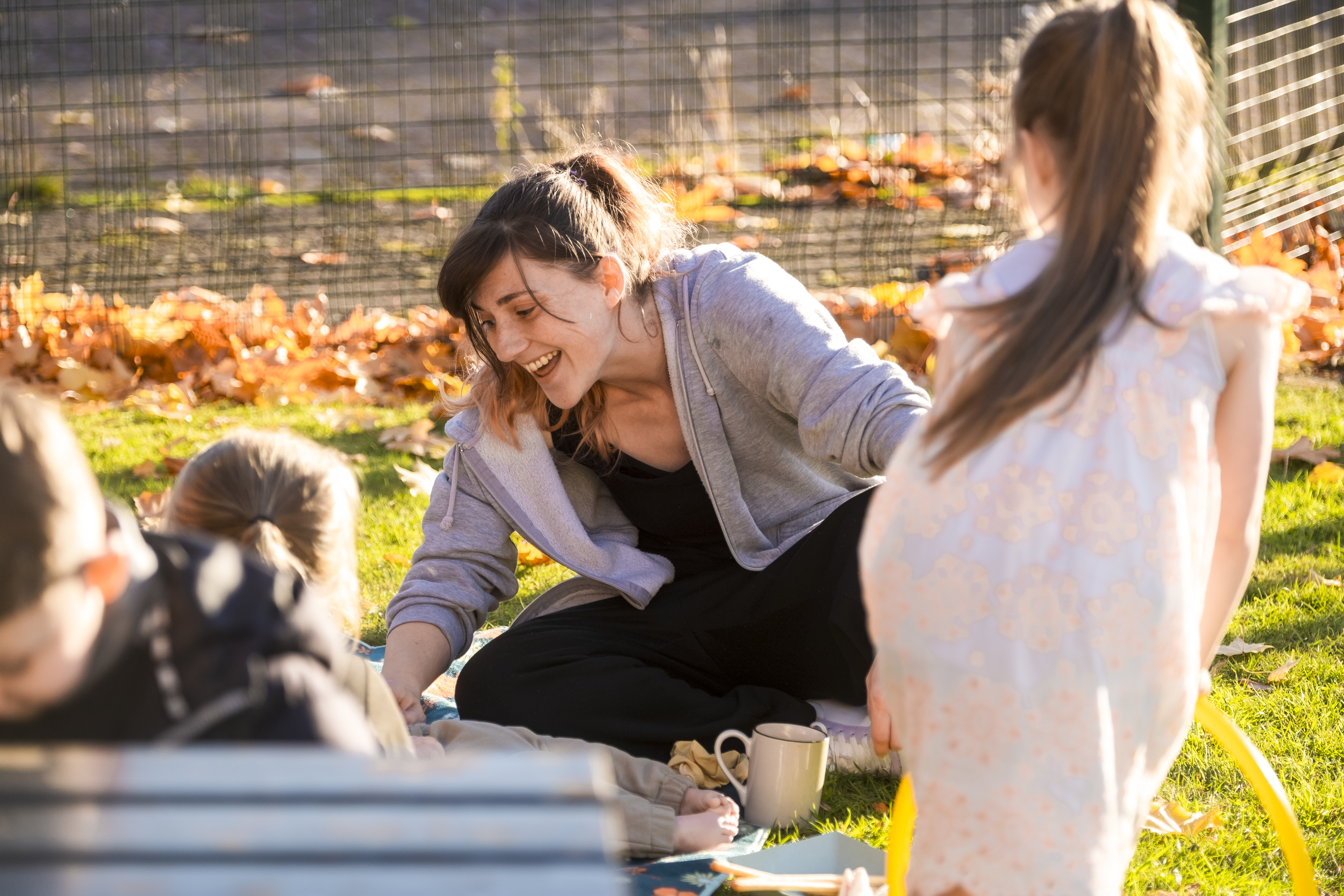Why learning is the key to change

Reflective Blog from Craig Tomlinson who is Head of Insight at BBC Children in Need.
Poverty is the number one challenge facing communities, families and children across the UK – creating barriers for them to thrive. Now more than ever, governments, local authorities and funders need to think and act differently when using their resources to counter such a significant social problem. There are lots of examples where local projects or cross regional programmes have done great work but have ultimately failed to move the dial on systemic barriers – especially in the face of funding cuts, closing services and increasing need.
We understand what is happening, but we need to go deeper in asking why the issues are entrenched and what it takes to properly make the differences that will lead to lasting positive change for the people affected? A key reason for lack of progress has been the rush to get to a solution before understanding the problem.
Over two decades of commissioning and supporting evaluations of social change projects, programmes and policies in the UK has taught me that often our drive to prove the impact of the work we do comes before we have enough time to understand how or whether we should even be involved. I found this to be most evident when dealing with complex, deep-rooted problems, which require innovative ways to address them. In the face of entrenched issues our haste often leads to wasted effort and missed opportunities. One thing became clear to me, something about the way we learn about and measure the success of community programmes needed to change.
It wasn’t until I discovered a paper in 2012 by Hallie Preskill and Tanya Beer, Evaluating Social Innovation, that things started to click – we need developmental learning. In a nutshell, this means taking the time to understand an issue, listening to those impacted and adapting your approach as these insights emerge, before even trying to measure its success. This insight has fundamentally shaped how I work and was at the fore of my thinking when I became involved in the partnership between BBC Children in Need and The Hunter Foundation to implement What Matters to You (WM2U) – a community-focused initiative designed to strengthen families and help children thrive.
WM2U is an approach that works with communities to improve people’s lives from the inside out. Enabling families to use their voices, bringing people together, empowering them through training to become local leaders and start their own community initiatives.
WM2U has supported on the ground activities in Dundee, East Ayrshire and Clackmannanshire. This has included everything from gardening and crocheting groups right up to giving grants to panels of local people to distribute to local projects. This work has supported people to express themselves, access the opportunities available to them and realise the benefits of playing an active role in their communities. It has allowed people to directly influence the systems around them and measurably improve their lives.
From the very beginning, we knew this approach required dedicated support, would operate with community voice at its centre and involve values-based leadership. Learning was also positioned as a central pillar - a function to help those delivering and coordinating the activities to proactively reflect, adapt and improve. Our plan was that within three years we’d move from developmental learning to an evaluation phase that would articulate the impact of the WM2U approach and identify what practices were effective in creating change.
In reality it has taken five years, guided by our committed learning team, to reach a point of clarity. We know what WM2U is. We understand what it achieves, what makes it work and what we want to leave behind when we step back and communities take full ownership. We also recognise that developmental learning has become an essential component of the WM2U approach. It is as central as our local coordinators, leadership initiatives and community run grant programmes.
The WM2U oversight team is now sharpening its focus as we prepare to ‘get off the pitch’ by June 2026. For the first time, we’re ready to evaluate the approach – not only to validate the model, but also to surface what other funders, local authorities, service providers, governments, and policy makers can learn from it.
For me, one important lesson from the last five years is this: learning doesn’t just support the work, it is the work. Learning is not an add-on or a luxury. It is the bridge between the activity and impact; it is what takes an idea and turns it into a movement. If we want to fundamentally transform systems, we must be ready to invest in our capacity to learn.
If you’re doing or planning similar activity, ask yourself: how in your programme or initiative will learning be built in and not bolted on? How will you ensure everyone involved has the capacity to figure out what it takes to do the work? Are you prepared to be patient? Are you prepared to change and adapt, based on what you learn overtime?
If we truly want to shift the dial on entrenched issues, we must ask ourselves these questions and create the time and space - for ourselves and the people and communities impacted by the very systems we seek to address - to learn.
Interested to know more about embedding learning in your work? Sign up to our webinar Real Change That Sticks: Voice-led Approaches to Systemic Change on 27 August.
